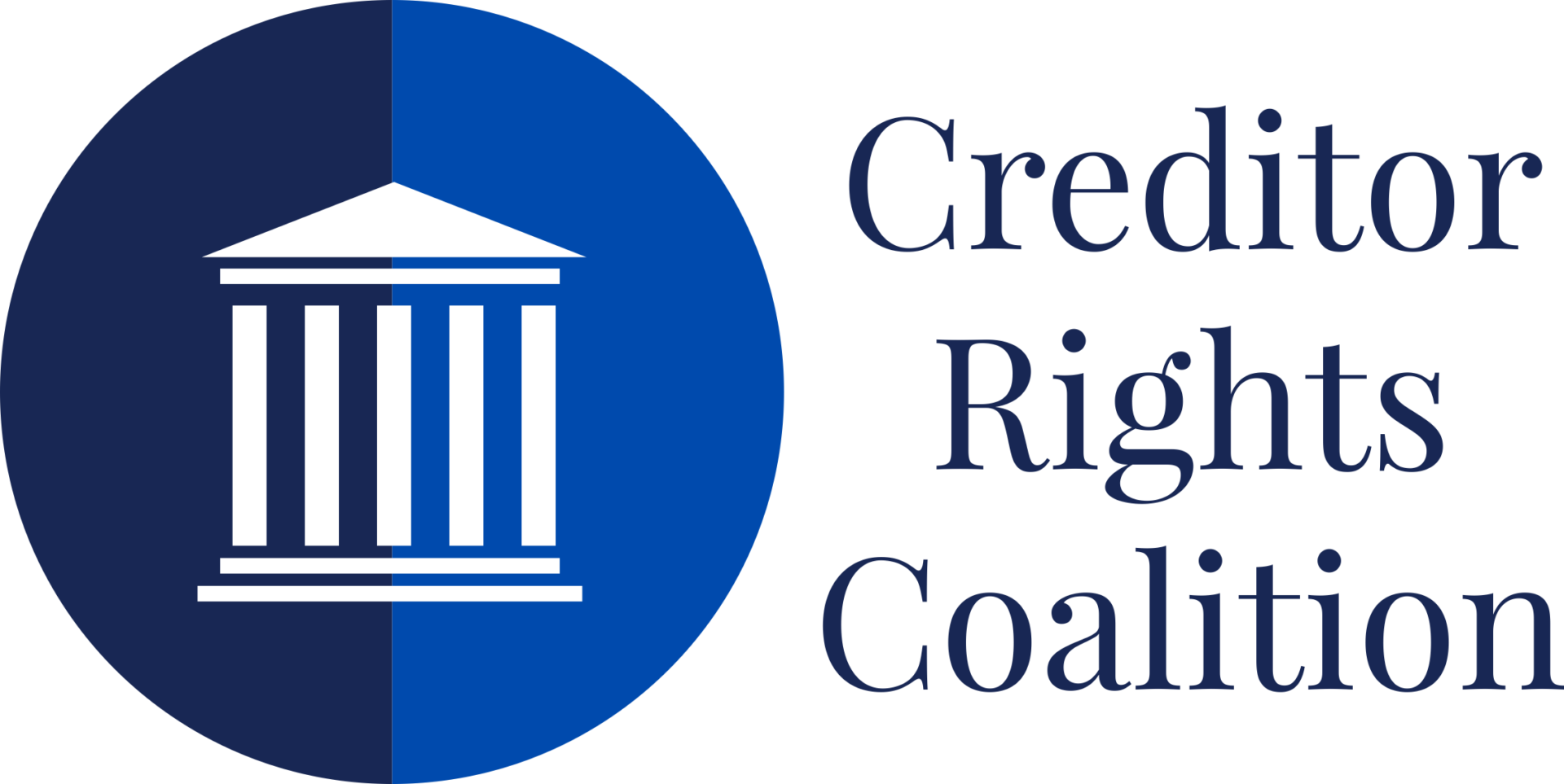Posts Tagged
Hon. Richard Schmidt
We tackle transparency in the bankruptcy process this week. Both creditors and debtors bemoan the increased transparency that comes from participating in the Chapter 11 process. Debtors often fear disclosure of financial information, business plans, or cost-cutting details that could put them at a competitive disadvantage and/or impact internal morale. Creditors, on the other hand, often fear disclosing their trading details could alert competitors to their strategy in the case. The ABI Commission noted in its Final Report that “none of [Chapter 11’s] required disclosures provide . . . parties in interest with financial data that could assist the parties…
If bankruptcy were a three-legged stool, they would be notice, information, and negotiation. The system would be hard-pressed to work without all three. Judges and parties-in-interest have to make decisions at the speed of business, so the more the Judge knows, the more helpful the Judge can be to the parties. Ultimately, some disputes may have to get litigated, but bankruptcy is a system which forces parties to negotiate—especially in big cases. The Judge has to be open to all possibilities. In the Asarco case, I visited the company’s mines and plants in Arizona, which gave me context for the…
The second topic our Contributors take on is the practice of appointing “independent directors” for troubled companies, often on the eve of bankruptcy. We received a wide range of responses from our Contributors, with many feeling the process is “at least superficially, if not substantively, flawed” (Albanese). That was not a uniform reaction though, and the diversity of our Contributors showed the differing views of the market. Many did not want the actions of a few bad apples to overshadow the essential role independent directors can play in “stabilizing” an uncertain situation (Heimowitz) and for calling out “bullsh*t” if necessary…
Whether you call them Independent Directors, Examiners with expanded powers or CROs with expanded powers, I strongly support their use in the appropriate situation. If the goal of a Bankruptcy is to reach a Confirmable Plan which is in the best interest of all parties, the use of an Independent Director is a tool that facilitates that goal.
Tell us what you think of recent decisions by the District Courts in the SDNY and EDVA reversing plan confirmation based on presence of non-consensual third-party releases? Did these Judges get it right? How do non-consensual third-party releases affect creditor rights (both positively and negatively)? What are the implications of these decisions more broadly for the efficacy and integrity of the Chapter 11 process?
